Here are comprehensive resources on the formula shortage, including where to find formula, safe (and unsafe) formula alternatives, where to find donated breastmilk, and more.
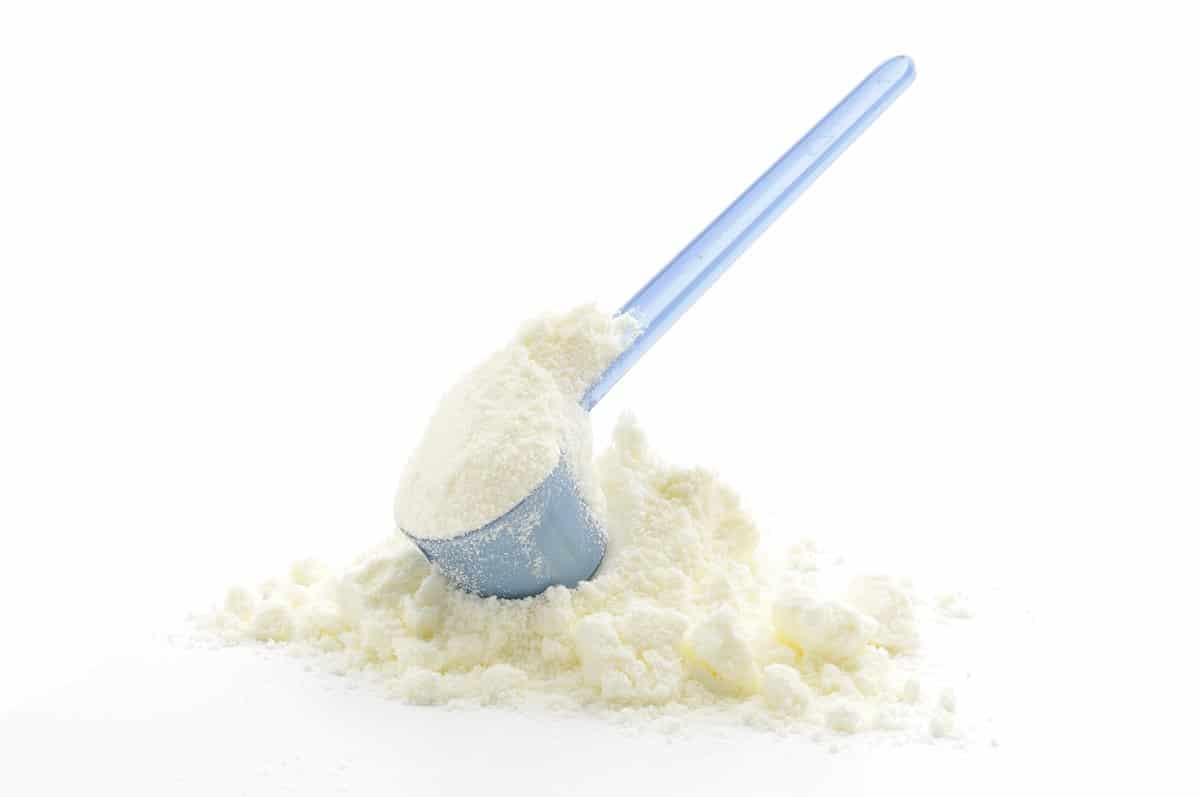
Baby Formula
Baby formula is a key part of the first year of life for so many families and is a nutritious and (usually) easy option for feeding baby. It is a wonderful choice for women who are unable to breastfeed or who do not want to breastfeed, for infants who have medical conditions that limit the options of what they are able to digest, and for any family who chooses it.
The low supply of baby formula in the United States is causing an extraordinary amount of stress for families. It is an outrage that the situation has gotten as precarious as it has.
Formula Shortage
In February 2022, Abbott Nutrition, which is the largest infant formula manufacturer in the United States, started a voluntary recall of several lines of their powdered baby formula. This was in response to concerns about bacterial contamination at their Sturgis, Michigan, facility after four infants became ill and two died.
This facility is the key producer of specialty formulas, which are used by families dealing with rare metabolic diseases. These families cannot use traditional baby formulas, and the shortage of this one formula created a trickle-down impact on the entire supply chain—which had already been facing supply-chain challenges similar to other industries during the past two years.
In late April, 40% of the top selling baby formulas were out of stock at more than 11,000 retailers, and the nationwide out-of-stock rate was similarly at 43% in the week ending May 8, 2022. It is even higher than that in some areas, such as in Texas.
The federal government recently took the following steps to help address the shortage and, hopefully, get more formula onto shelves soon. Their plan includes:
- Simplifying the available sizes of formula to streamline (and increase) production.
- USDA is urging states to allow WIC recipients to use their WIC benefits on a wider variety of products—most programs have only some baby formulas that are approved for use with benefits—so that if certain sizes or types of formula are out of stock, the benefits can be used on formulas that are in stock.
- The federal government called on the FTC and states’ attorneys general to crack down on retailers raising prices on formula and to institute limits on the amount of formula that can be purchased at one time to reduce the potential for hoarding.
- The government is also looking to increase imports of baby formula made overseas.
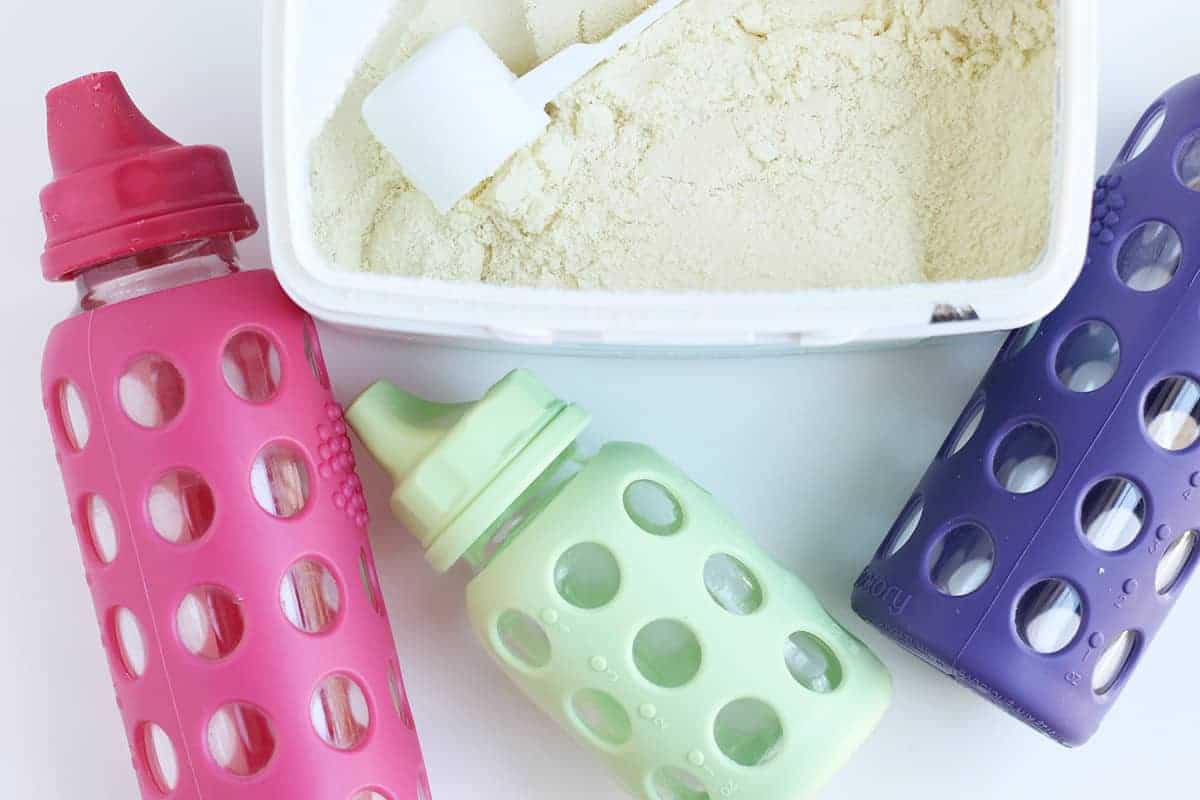
Where to Buy and Find Formula
Right now, you may see empty shelves where you’d usually purchase baby formula, so you can try these options:
- Smaller stores, such as drug stores and pharmacies, as well as smaller supermarkets.
- Online retailers.
- Store brands.
- Ask friends and relatives who live in different areas to keep an eye out at their stores since availability can vary considerably based on where you live.
- Your local WIC office or pediatrician’s office are always good places to start in an emergency if you cannot find baby formula. They may have samples or can share resources specific to your area.
- A local food bank or diaper bank may have resources, too.
- People in the Dallas Fort Worth area can search for available formula.
- Try changing your Amazon country setting to one in Europe, then you may be able to pay extra to ship to you in the US.
TIP: If baby is over 6 months old, you can look to increase the amount of solid foods they are eating, too, though breastmilk and formula are still recommended as the main source of nutrition until 12 months of age.
Formula Alternatives
There is a lot of unsafe advice around the internet about how to make your own formula, which is NOT recommended medical providers, including the American Academy of Pediatrics. Instead of making homemade formula (again, do NOT do that), start by looking for another brand if the one you usually buy is out of stock.
Donated Breastmilk
Many families are looking to human milk as an alternative to baby formula, which may be an option.
If you have extra breastmilk or are in a position to add a pumping session onto your usual load, contact your local milk bank for options on how you can donate breastmilk. Milk donated through milk banks typically is first used for infants in the NICU who cannot tolerate formula at all, and their vetting and testing process for new donors takes time, so this is not an instant fix. Donor milk is always needed though, and if there is enough supply, it may be an option through prescription for other families depending on the situation.
(Milk banks are almost always looking for donors to fill their need, so this is an amazing thing to be part of if you are able. I donated milk with two of my kids and the approval process and milk processing are both very extensive to ensure the milk is safe.)
Families are also using sites including Human Milk 4 Human Babies and Eats on Feets as more informal milk-sharing options. Local mom’s groups may also be a good place to look, too, if this option is of interest to you. Be sure you trust the source and you ask basic health and milk-storage questions to ensure the milk is safe.
Toddler Formula
Toddler formula is specifically formulated for kids over age 12 months, with the nutrients that age group needs. It is not recommended as a substitute for baby formula, but may be an option if your baby is closer to 1 year old. Talk to your pediatrician.
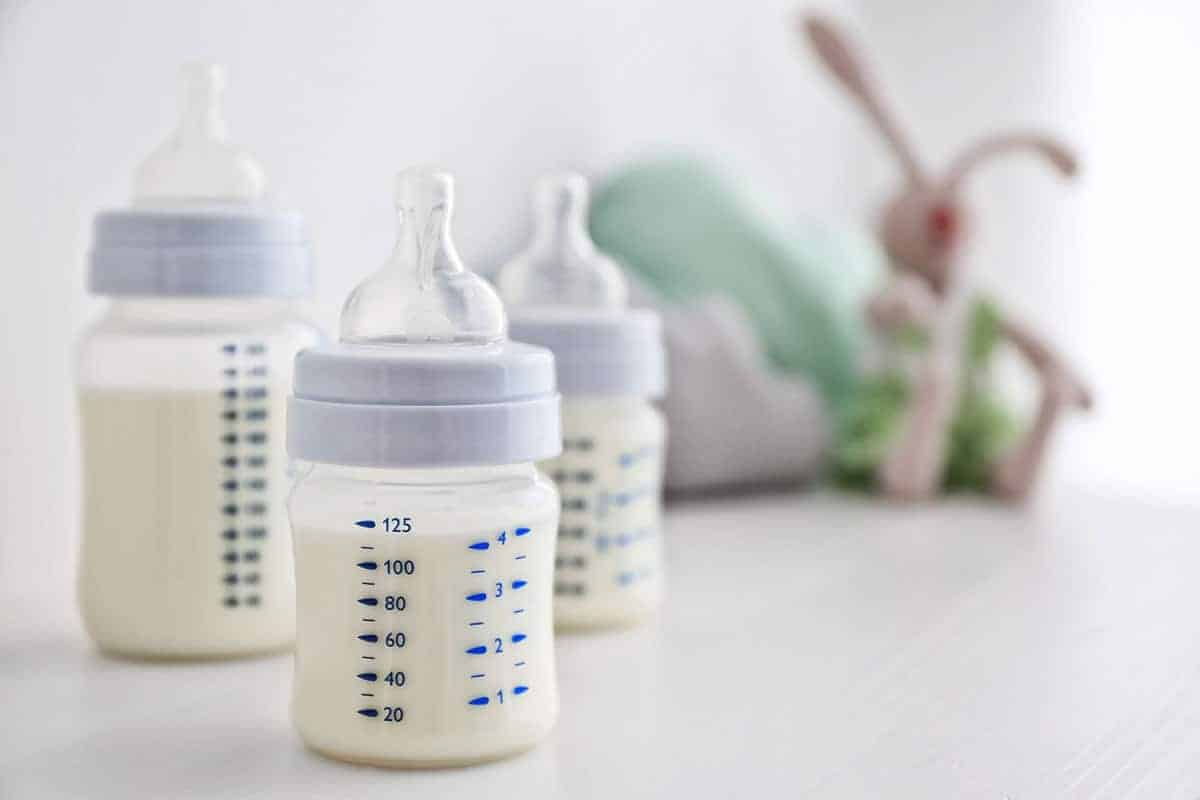
Is homemade baby formula safe?
No. Homemade baby formula is not safe and is not recommended. In fact, the American Academy of Pediatrics says that some babies have been hospitalized after consuming homemade formula for a condition called hypocalcemia.
It is very difficult to get the right proportions of nutrients that baby needs, so this is not recommended.
Can I give baby cow’s milk?
Normally, American Academy of Pediatrics recommends that we wait to introduce cow’s milk until baby has turned 1. This is because the proteins in cow’s milk are difficult to digest, unlike those in dairy products including yogurt and cheese.
But in this shortage, they’ve revised their usual recommendations to say:
This may be an option if your child is older than 6 months of age and is usually on regular formula (not a specialty product for allergies or other special health needs). In a pinch, you could feed them whole cow’s milk for a brief period of time until the shortage is better. This is not ideal and should not become routine, but is a better option than diluting formula or making homemade formula. Although we don’t have a specific amount of cow milk that infants 6-12 months should drink in this situation, follow the limits of no more than 24 ounces a day for children over a year of age.
The most important concern with giving an infant over 6 months of age cow’s milk is making sure they get enough iron to prevent anemia. Be sure to include plenty of iron-containing solid foods in their diet while you are using whole cow’s milk. You may also talk with your pediatrician about giving your baby an iron supplement.
https://www.healthychildren.org/English/tips-tools/ask-the-pediatrician/Pages/Are-there-shortages-of-infant-formula-due-to-COVID-19.aspx
Cow’s milk also contains a large amount of proteins and minerals, which can stress a baby’s kidneys. It may even cause iron-deficiency anemia if given in large quantities so usually it is advised not to give in large quantities in a baby bottle or sippy cup.
This recommendation is meant to be temporary and they say to go back to formula as soon as you can.
Frequently Asked Questions
The baby formula shortage is due to a combination of supply chains that are impacting global markets and also a voluntary recall of specialty formula made by Abbott Nutrition.
Call your pediatrician, your local WIC office, or a local food bank to start. Ask friends and family in different regions to look at their stores for you. Look for store brands and at smaller retailers, in addition to your usual stores.
Yes, as of the week ending May 8, the national out-of-stock rate was 43%.
Final Thoughts
A lot of the stories I’ve read on this include large sections encouraging moms to donate their freezer stashes, to re-lactate if they decided to stop breastfeeding, to just breastfeed longer.
This is a national hunger crisis that SHOULD NOT be used to guilt anyone about how they feed their baby. There are so many reasons why a family might be formula feeding that are no ones business but that families. The important thing right now is to make sure all babies have enough food.
Related Recipes
Baby Food
Homemade Baby Rice Cereal
Baby Food
Easiest Baby Oatmeal
Baby Food

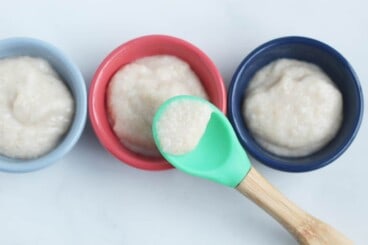
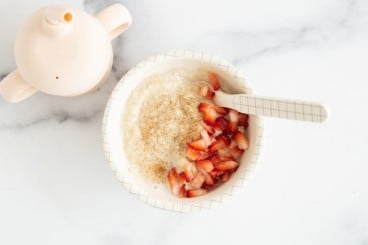

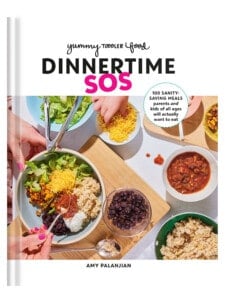
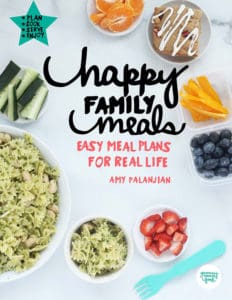
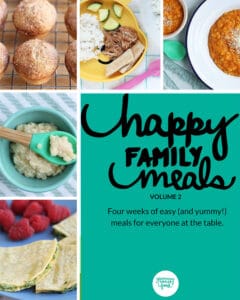
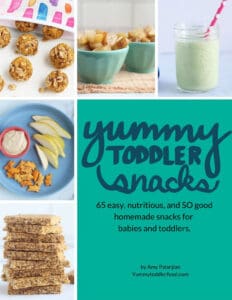



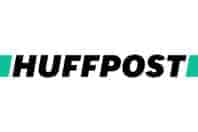
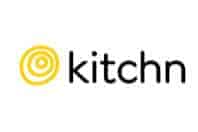
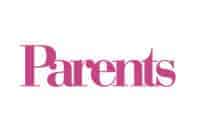
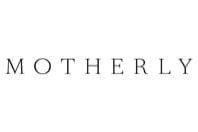

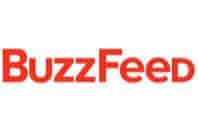
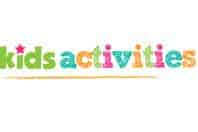

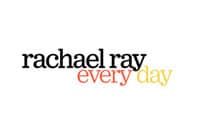
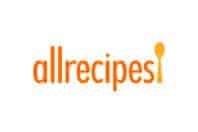
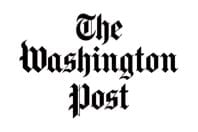
I will share this useful info. When we did formula almost 4 years ago, we used Amazon. If you did auto shipment, it was slightly cheaper. Of course, I haven’t checked in a while if that’s still an option. What crazy times we live in. Hopefully your post will help someone.